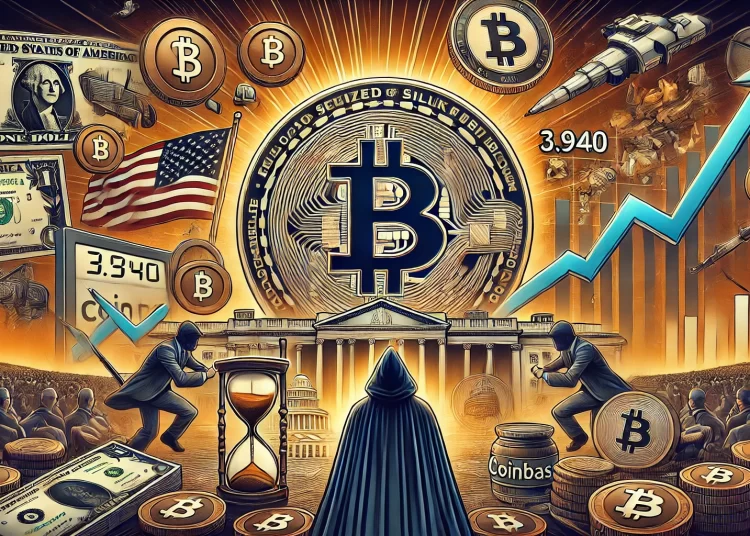- US President Donald Trump confirms the release of Silk Road founder Ross Ulbricht after pledging to commute his sentence in a May 2024 speech.
- Meanwhile, questions about his hidden stash of Bitcoins have started emanating despite the authorities seizing more than 173,991 Bitcoins from the platform.
US President Donald Trump has finally freed Ross Ulbricht, the founder of the infamous Silk Road marketplace, after spending almost a decade in prison. Fascinatingly, this comes after Trump disclosed his intention to commute his sentence in May during a speech at the Libertarian National Convention. Prior to his release, Elon Musk provided a hint in an X post, per a CNF report.
BREAKING: Silk Road founder Ross Ulbricht leaves prison following pardon from President Trump pic.twitter.com/MjOxRww7vj — The Spectator Index (@spectatorindex) January 22, 2025
Confirming the news, the US president stated on his social media platform, Truth Social, that he had a short phone call with Ulbricht’s mother and broke the news to her. According to him, this pardon is full and unconditional.
The scum that worked to convict him were some of the same lunatics who were involved in the modern-day weaponization of the government against me.
What Took the Silk Road’s Creator to Prison?
The Silk Road marketplace founder was arrested in 2013 and sentenced to life in prison in 2015 for creating an underground platform that facilitated more than $200 million worth of illegal sales using Bitcoin. According to reports, the platform was used by more than 100,000 people who mostly used the TOR network to communicate anonymously. It was earlier alleged that the website facilitated murder-for-hire services. However, this was later dismissed.
In the court document, Silk Road was said to have displayed almost 13,000 listings for controlled substances and multiple categories, including cannabis, Opioids, etc. Also, the narcotics distributed from the website were reported to have led to at least 6 overdose deaths worldwide.
Silk Road also displayed 159 listings under a category called “services” which included computer hacking services. Reports indicate that there were 801 listings under the “Digital goods” category with services like hacked accounts at various online services, malicious software, and pirated media content. Despite these, Ulbricht has remained popular within the crypto community as his website was the first avenue for people to use BTC to buy goods and services.
Reactions to His Release and His Stash of Bitcoin
Commenting on his release, an editor at the news publication Bitcoin Magazine, Pete Rizzo, highlighted that Ulbricht was one of the most successful and influential entrepreneurs during the early days of Bitcoin. According to him, this decision underscores the unity and strength of the industry. For Venture Capitalists Tim Draper, Ulbricht’s sentence was disproportionate to the charges, as featured in a CNF news piece.
Meanwhile, not everyone is happy about his release. One of them is Juliette Kayyem of Harvard’s Kennedy School of Government, who quickly commented:
Ulbricht is a high-tech drug dealer who got rich off the dead bodies of those who overdosed on the sales he made possible on the dark web.
Within the crypto community, speculations have shifted towards the possibility of Ulbricht still having a stash of Bitcoin somewhere.
Following his arrest, the US authorities seized around 173,991 Bitcoins (which are currently worth $18 billion) from the Silk Road. Fascinatingly, 67,000 BTC seized from an unidentified hacker on the dark web marketplace have recently been authorized to be liquidated. In August, CNF also mentioned in a report that the US had moved $600 million worth of Bitcoins seized from the platform to Coinbase.
Recommended for you:
Credit: Source link














































